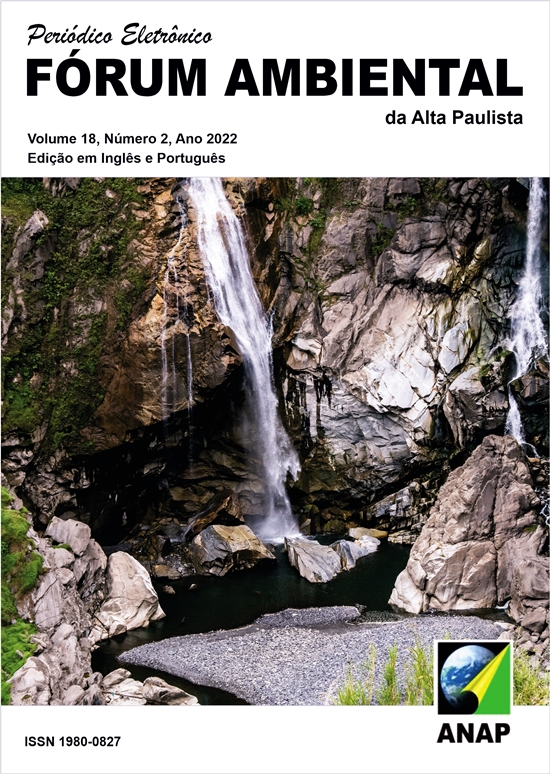Circular Economy: The future in sustainable cities
DOI:
https://doi.org/10.17271/1980082718220223193Palavras-chave:
Circular Economy. Circular Cities. Sustainable Consumption.Resumo
Cities are like living organisms that, to function, need resources and goods such as energy, raw materials, water, and food. After being used, the surplus of these resources is discarded, being directly responsible for most of the environmental impacts caused by human actions on the planet and not only in the territory where urban agglomerations are concentrated. Circular Economy arises to meet the need to reverse and contain the current scenario of exhaustion of natural resources and loss of biodiversity, introducing sustainable production and consumption. Its concept has been explored by different segments of society such as industries, academia, NGOs, government entities, among others, with multiple approaches and applications. Thus, this article, from a theoretical framework, explores the origins of the Circular Economy concept, providing a review of the main schools of thought that preceded it, and analyzes the common point of view on the Circular Economy concept. The article also identifies some scenarios in Brazil and in the world, whose countries and regions have stood out for their representativeness in the global context. It concludes with an insight on the current “status”, the future, and transition to Circular Economy.













